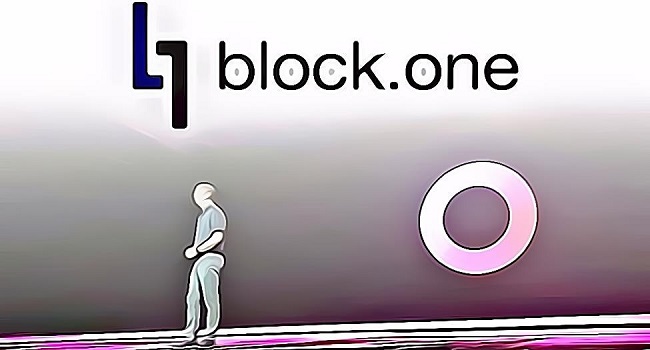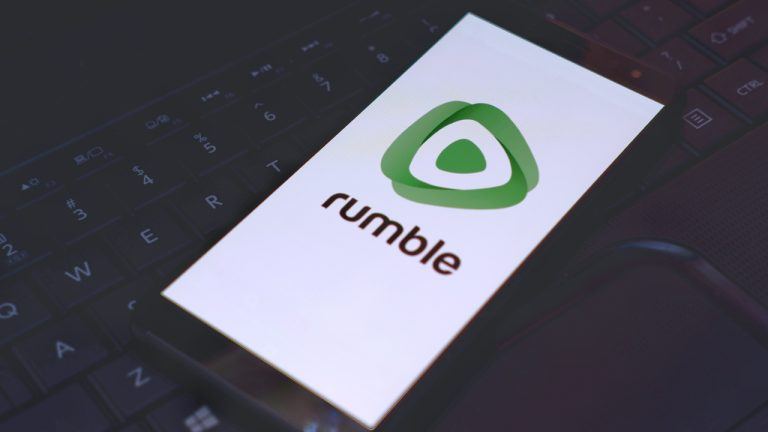Wrapping off the month of September, the United States Securities and Exchange Commission (SEC) revealed to the general public that the prominent blockchain-based firm Block.one, the creator of the cryptocurrency EOS (EOS)trade, has been in the business of selling unregistered tokens for a year in 2017-2018.
According to the SEC’s order, the cryptocurrency company Block.one was nabbed by the regulator’s Cyber Unit. The order states that Block.one willfully ignored the SEC’s rule of registering every token as stated in the DAO Report of Investigation.
You will recall that the SEC implemented a new rule in 2017 that compels every crypto firm offering an initial coin offering (ICO) to duly register the token as securities. This was necessary after the huge amount of fake ICOs clamped down in 2017.
Well, Block.one that just began selling off its token at the time the report surfaced didn’t see it necessary to report itself like a few other cryptocurrency firms did. Instead, it continued in the business until June 2018. Within the space of one year, Block.one reportedly made several billions of dollars (!) from the sale of 900 million tokens – even though the tokens are unregistered.
The blockchain firm, which operates off of Virginia and Hong Kong (and recently Washington D.C.), promised crypto investors that it will use the capital raised for general expenses including developing a native software and promoting blockchain-based programs on the created software.
While that in itself may not be a problem, the firm failed to let its investors in on the risks associated with investing in the token, taking away their ability to make informed investment decisions. Furthermore, the Block.one failed to register its ICO or seek exemption from the appropriate regulatory body. For these charges, the firm was asked to pay a huge fine of $24 million as civil penalty.
Without refuting or agreeing to the charges, the SEC report showed that Block.one already agreed to pay the penalty and that the case was settled on Monday, September 30.
Speaking on the case, Steven Peikin, the SEC’s co-director of the Division of Enforcement reminded the general public that the regulator is not relenting in its chase against the “bad guys”:
“The SEC remains committed to bringing enforcement cases when investors are deprived of material information they need to make informed investment decisions. Block.one did not provide ICO investors the information they were entitled to as participants in a securities offering.”
Stephanie Avakian, the other co-director, stressed further that “A number of US investors participated in Block.one’s ICO. Companies that offer or sell securities to US investors must comply with the securities laws, irrespective of the industry they operate in or the labels they place on the investment products they offer.”






